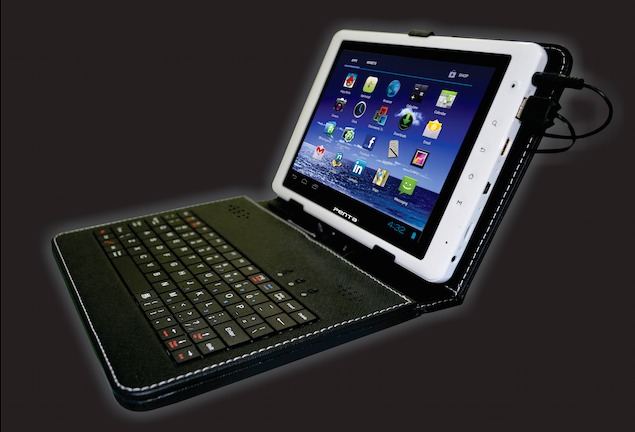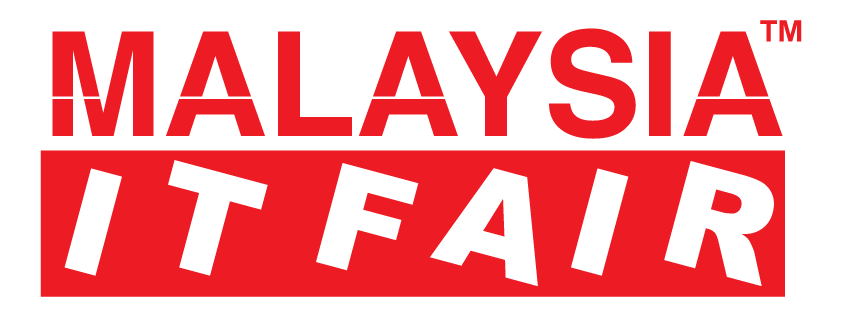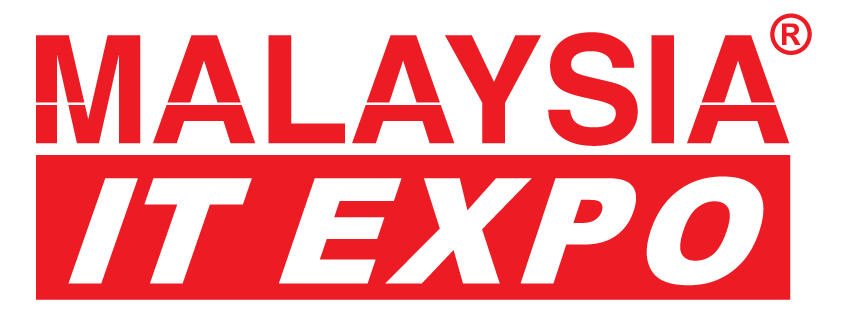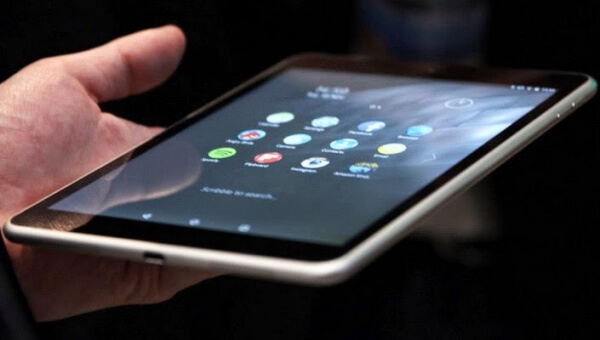
The tablet has had a remarkable run the past few years. But it is important to note that in the majority of use cases tablet are not replacing PCs but rather are extending the life of PCs.
We know from our data as well as a number of other firms’ research that over 90% of tablets sold today have been sold to existing PC owners. And in nearly every supporting data point I have, those tablets are being used to accompany the PC not to replace it. (By PC, I generally mean notebooks).
So it begs the question whether the PC-killing tablet is a valid narrative or not. I’d contend that this is not a valid narrative and, more importantly, it could affect tablet sales to a degree in 2014.
A key point about tablet sales is that the vast majority sold are 8″ or smaller. Which means that the vast number of tablets bought by consumers are not even contenders to replace the PC. In fact, when you look at tablet usage data you notice that they are used heavier during the evening hours while PCs are used heavier during the day time/work hours.[more…]
Think of it this way: PC by day, tablet by night. Oh sure, lots of people use their tablets during the day for both entertainment and business reasons (e.g. sales people and other road warriors), but I think this sums up the use case for most tablet owners.
Now, if we acknowledge the point that the vast majority of tablets on the market are used in conjunction with PCs, then we acknowledge that the PC is still used and valued by a large number of consumers. If this is true, those PCs will still need to replaced. So the question then becomes: When will this happen and could it have an effect on the tablet market?
The evidence is clear that 2013 was the lost year for the PC. One of the steepest declines on record, as it has been a stable growth market since the early 2000s. We believe that 2014 could mark a turnaround for the PC sector and catch many by surprise.
Part of the logic for this is the number of PCs in the market being used that are 4 years or older. Depending on whose estimates you use, the number is around 300-350 million. A good percentage of these customers got away with not refreshing their PCs due to their tablet purchases. Those who have not refreshed their PC for school, work, home, etc., simply can’t wait much longer. A PC refresh is coming and it could impact tablet sales.

The tablet/PC hybrid
A caveat to this thinking is that consumers will find the idea of a tablet and PC combined together as an attractive option. Perhaps when a consumer looks to replace their PC they will find something like Microsoft’s Surface an attractive offering. Many in the PC ecosystem are hoping this is the case but some are still skeptical.
Most corporate employees, small business workers, and even consumers want is the best PC for their needs and the best tablet for their needs. This means they will continue to buy two separate devices that are each best for all the things they want.
It was undeniably tremendous efforts of Microsoft, Intel, and others in the PC ecosystem to work to build 2-in-1 PCs and tablets, however some are still not optimistic that they will appeal to the masses. Some segments of both business and consumer customers will gravitate to these form factors but don’t believe they will make up the majority of sales of either PCs or tablets.
The years that PCs aren’t being refreshed as much tablets sales will boom higher and vice-versa. For everyone who cares about hardware, from IT to the OEMs who make the devices, managing refresh rates and building products that take advantage of refresh years will be critical.
But of course truly innovative products and lower price points could produce a hot seller in either camp regardless of refresh cycles. Given the product maturity on the PC side, most probably another breakout tablet is far more likely.
Source: http://mashable.com/2014/01/05/tablets-pc-replacement/





